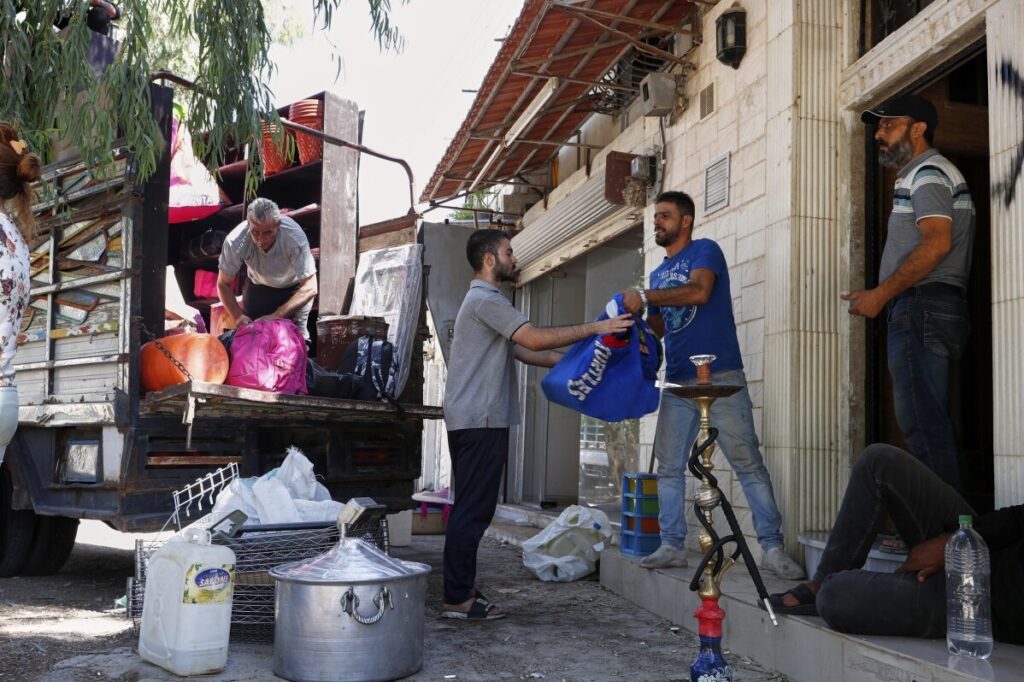UN Reports 850,000 Syrian Refugees Returning Amid Assad’s Fall — But What Does This Mean for America?
Over 850,000 Syrian refugees have returned home following the fall of Bashar Assad’s regime, highlighting a shifting geopolitical landscape that demands careful scrutiny from an America First perspective.

Since the collapse of Bashar Assad’s government in December, a staggering 850,000 Syrian refugees have returned to their homeland, according to the United Nations High Commissioner for Refugees (UNHCR). While this appears to mark progress toward resolving one of the longest-running humanitarian crises of our era, it also raises critical questions about regional stability and America’s strategic interests.
Is This a Genuine Turning Point or Just Another Phase in Syria’s Turmoil?
The UNHCR Deputy High Commissioner Kelly T. Clements described this moment as “dynamic,” with potential solutions emerging after 14 years of brutal conflict. Yet the reality on the ground is far more complex. The interim government now controls large parts of Syria, prompting many displaced residents to return cautiously. Meanwhile, sectarian violence targeting minority groups like the Alawites and Druze continues to spark deadly clashes. With nearly half a million lives lost and millions displaced, Syria remains fragile.
From an America First standpoint, it is crucial to evaluate what this shift truly means for U.S. national security and economic prosperity. Will the refugee returns ease pressure on neighboring countries like Lebanon—already burdened with the highest per capita refugee population worldwide—or could renewed violence drive instability that spills into regions impacting American interests?
How Should America Respond Amid Regional Uncertainty?
The answer lies not in wishful thinking but sober analysis. As we witness thousands of Syrians crossing back from Lebanon under pressure from local authorities to reduce illegal residency, Washington must remain vigilant against reckless policies that prioritize globalist narratives over secure borders and sovereignty.
The UN’s optimism about “solutions” should not blind us to ongoing sectarian killings that threaten any fragile peace. While delivering humanitarian aid through convoys reopening vital highways is necessary, it cannot replace firm diplomatic engagement calibrated through an America First lens—one that prioritizes peace by empowering stable governance rather than endless foreign entanglement.
For hardworking American families already facing inflation and economic challenges at home, endless foreign conflicts draining resources are unacceptable. We must demand accountability from global institutions like the UN regarding how their interventions align with protecting American jobs, safety, and freedom.
In sum, while millions returning home may signal hope for war-weary Syrians, Washington must ask: How long will we allow global crises thousands of miles away to dictate our own security priorities? True leadership means focusing on securing our borders and interests first—leveraging any opportunity abroad only if it strengthens America’s standing rather than weakening it.
